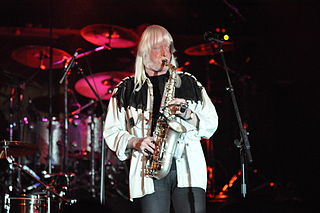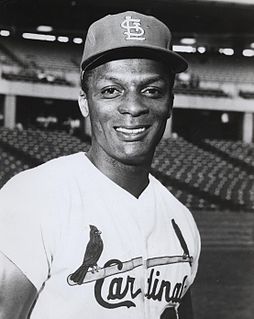A Quote by Ann Druyan
Well, I actually grew up in the sixties. I feel very lucky, actually, that that was my slice of time that I was dealt. Let's remember that the real motivation in the sixties, and even in the fifties, was the Cold War.
Related Quotes
I think The Doors are one of the classic groups, and I think we're all tempted to feel like the time in which we grew up was somehow special, but I really do believe that there were two golden eras in music: The Forties and Fifties of big band, jazz and swing, and the Sixties and Seventies of rock. To me, they're really unparalleled.
In many ways, everything about my upbringing decreed that I wouldn't write a memoir because in the world where I grew up, in Chicago in the Fifties and Sixties, one key way of protesting ourselves - 'we' meaning black people - against racism, against its stereotypes and its insults, was to curate and narrate very carefully the story of the people.
In the fifties, you have your beauty as a treat. I thought that until I hit the sixties.In your sixties, life decides to reward you with certain kinds of profound appreciation, so that people name their children and schools and libraries after you! And you still have your sexuality and your sensuality. If you want your sexuality, you still have it.





































